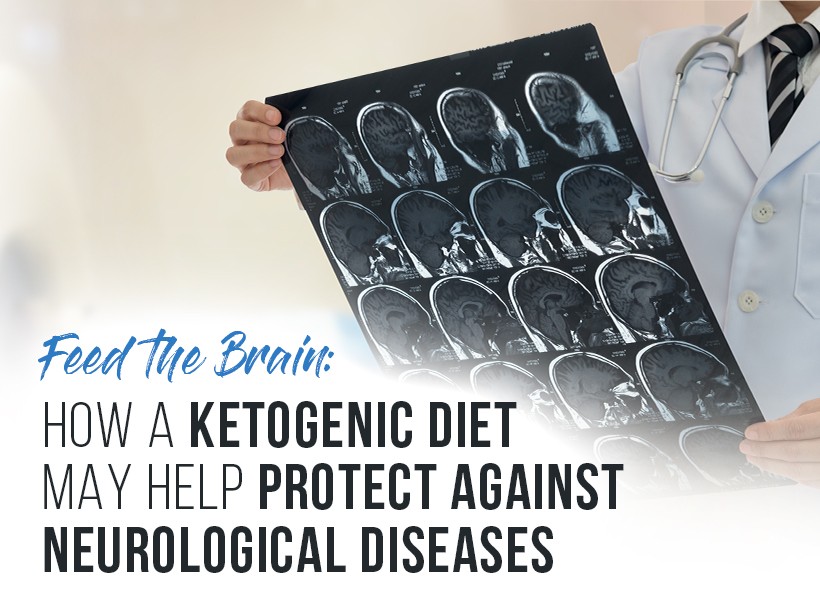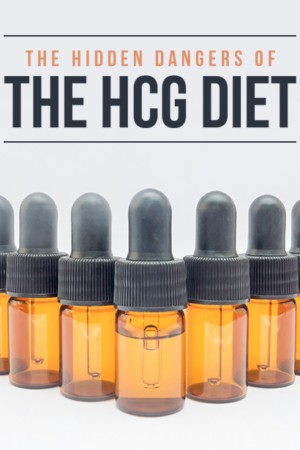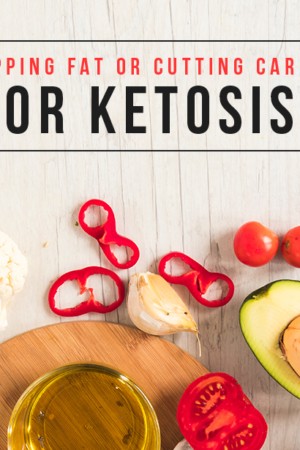We all know that feeling of lethargy and utter fatigue that comes after a huge, carb-heavy meal. While the intake of carbs is supposed to give us an energy boost, more often than not we are left feeling groggy and sluggish afterward.
From the time we are little, we are told that carbohydrates are the main energy source for our bodies while proteins and healthy fats are used to build muscle mass. The problem with that narrative, however, is that for thousands of years our hunter and gatherer ancestors survived on an extremely low carb diet and still had the energy levels needed to hunt down Wooly Mammoths.
How Can a High Carb Diet Lead to Neurological Diseases?
While neurological diseases have a wide array of causes, the inability of the brain to metabolize glucose-based energy may very well play an important part in several brain disorders, from Parkinson’s to Alzheimer’s.
Glycolysis is the first step the body takes to break down glucose produced from carbohydrates in our diet in order to gather energy for cellular metabolism1. Neurodegeneration, in many cases, is thought to occur due to the oxidative stress by impaired glycolysis. Basically, the brain tissue is unable to recover and becomes irreparably damaged due to the inability to correctly break down glucose-based forms of energy.
While not everyone who eats a high carb diet will suffer from neurodegeneration, causal links have been established between lower brain glucose metabolism and neurological diseases such as Alzheimer’s2.
How Does the Keto Diet Affect the Brain?
By starving our bodies of carbohydrates, we naturally enter a state known as ketosis, where our livers begin to produce ketones that serve as our main energy source. Ketones enter the bloodstream and are taken up by our brain and other bodily organs.
While glucose is widely considered to be the main energy source for our brains, ketones are able to deliver an alternative energy source that our brains can use. One recent study found that under conditions of ketosis, the cortex and cerebellum regions of our brain decrease their glucose consumption by about 10% per each mM of plasma ketone bodies3. At the same time, ketone levels in the brain do not appear to negatively affect the oxygen levels of the brain.
The presence of ketones as our main energy source can help to protect our brains from oxidative stress that is known to be a major cause of several neurological disorders. While more studies are still needed, one prominent theory supposes that a ketogenic diet can actually enhance cognitive function in both healthy people and those already suffering from neurological diseases4.
While the benefits of a keto diet to control epilepsy are historic and well-known, this nutritional therapy might very well be able to protect against other neurological disorders such as ALS (Lou Gehrig’s disease), Alzheimer, Parkinson’s, and others.
Lastly, even for people who are at low risk for neurological diseases associated with aging, the keto diet has also shown promise to be able to improve the cognitive performance of aging animals5, thus helping to keep the mind sharp as we grow older.
NUTRITIONAL DISCLAIMER
The content on this website should not be taken as medical advice and you should ALWAYS consult with your doctor before starting any diet or exercise program. We provide nutritional data for our recipes as a courtesy to our readers. We use Total Keto Diet app software to calculate the nutrition and we remove fiber and sugar alcohols, like erythritol, from the total carbohydrate count to get to the net carb count, as they do not affect your blood glucose levels. You should independently calculate nutritional information on your own and not rely on our data. The website or content herein is not intended to cure, prevent, diagnose or treat any disease. This website shall not be liable for adverse reactions or any other outcome resulting from the use of recipes or recommendations on the Website or actions you take as a result. Any action you take is strictly at your own risk.
- Benefits of Eating Rabbit Meat - August 20, 2018
- Raising Your Own Food for a Keto Diet: A Primer on Raising Rabbits - August 15, 2018
- Some Possible Health Effects of Meat Raised on Industrial Farms - June 25, 2018




